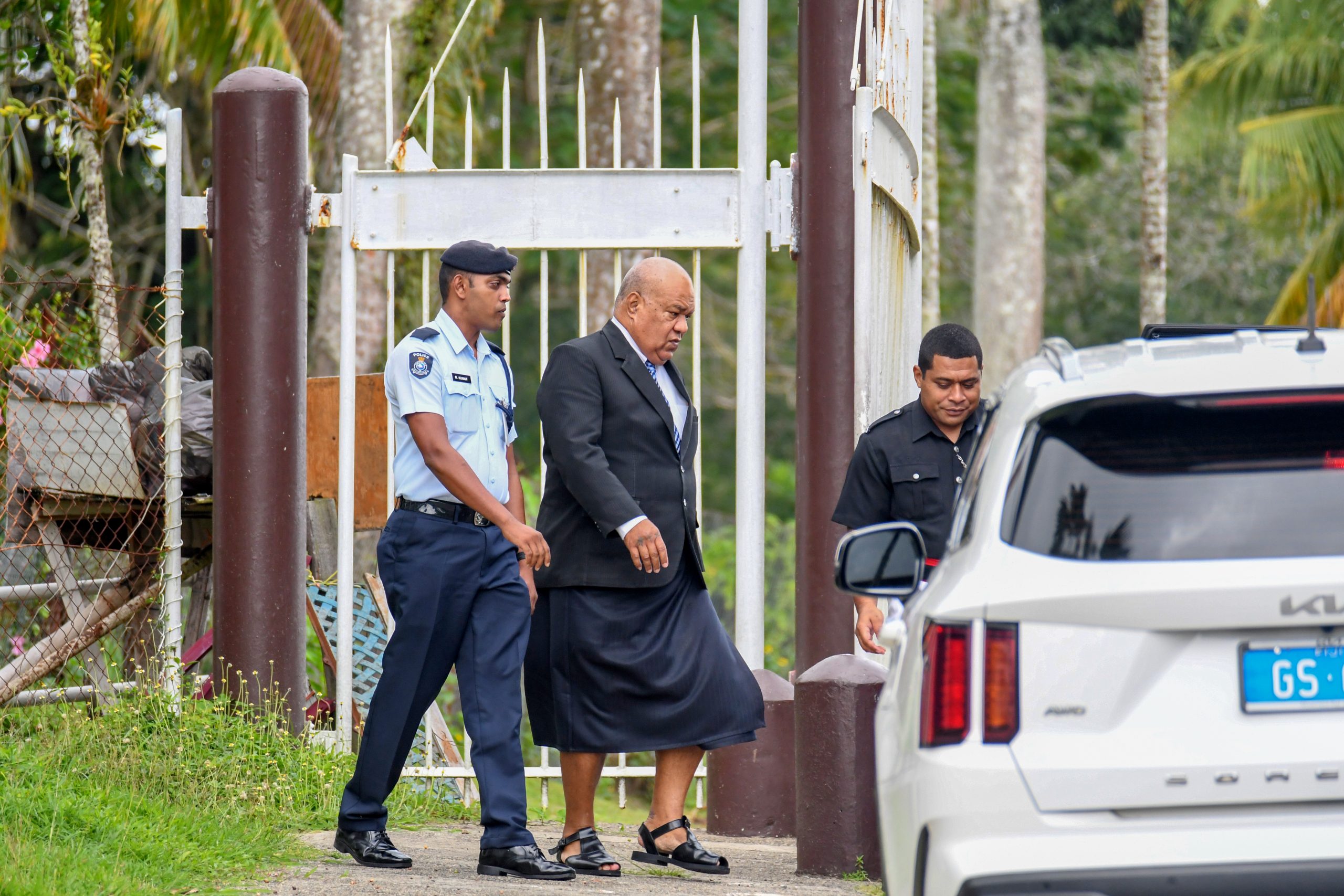The Supreme Court of Fiji will hear the landmark Constitutional Reference in August following a formal application from the State, seeking clarity on the interpretation and application of sections 159 and 160 of the 2013 Constitution of the Republic of Fiji — the sections that govern how the 2013 Constitution can be amended.
The case was listed for a directions hearing yesterday after Cabinet endorsed the move to refer these critical constitutional questions to the Supreme Court under section 91(5) of the Constitution.
Presiding over yesterday’s proceedings, Chief Justice Salesi Temo confirmed the action was brought under section 91(5) of the Constitution.
“The case has been covered extensively by the media and the people are aware that Government is going to court for this,” Justice Temo said.
“Our view is to restrict it to members of Parliament – The People’s Alliance, SODELPA, NFP, Hon Inia Seruiratu’s faction in Parliament, Hon Naivalurua’s faction in Parliament — these are representatives of the people,” he said, adding that Independent MP Ketan Lal would be excluded.
Justice Temo noted that despite not meeting the 5 per cent electoral threshold, both the Fiji Labour Party (FLP) and Unity Fiji Party should also be included.
“Although Mahendra Chaudhry and Savenaca Narube are top scorers in terms of the last election, the view is that representatives in Parliament and two who didn’t make the threshold should be allowed to instruct lawyers to make submissions to assist the court.”
The court also agreed to include the Fiji Human Rights and Anti-Discrimination Commission (FHRC) and the Fiji Law Society (FLS) bringing the total to 10 invited interveners.
Court of Appeal president Justice Isikeli Mataitoga highlighted time constraints and the court’s careful deliberation on who should participate.
“The issue in question is very limited. Our decision is based on the fact that under the Constitution our representatives of the people are the ones in Parliament,” Justice Mataitoga said.
“It’s prudent and beneficial to the court to engage FLS and FHRC to assist the court because this is their turf.”
Solicitor-General Ropate Green confirmed the State had no objection to the proposed interveners.
Responding to a submission by Mr Green that the GCC be also included as an intervener given that they are “representatives of the people”, Justice Mataitoga said, “We were very careful of the list and limited it to parliamentary bodies.”
The court issued a number of directions:
Action 1: Appropriate invitation letters to interveners must be issued immediately.
Action 2: The State must serve all papers to the invited interveners within seven days of confirmation.
Action 3: The matter has been adjourned to June 6 at 10.30am for mention. All invited interveners are required to appear in court with counsel to confirm their participation and assist with timetabling submissions.
Mr Green told the court the State has engaged the services of a King’s Counsel to argue the matter and proposed hearing dates between August 18 and 22, 2025.
Justice Temo said the reference touches on far more than constitutional amendment procedures.
“It also involves the Fiji Court of Appeal decision which led to the constitutional uprising on 23 April 2009. We need proper submissions on these issues.”
He added that although initially framed around sections 159 and 160, the way the question was couched now made it “legally interesting and more complicated” indicating the Reference may raise two additional questions:
n Whether the 1997 Constitution was validly abrogated;
n Whether the 2013 Constitution is null and void.
Chief Justice Temo also informed the court that alongside himself and Justice Mataitoga, Justices Dame Lowell Goddard, Terence Arnold, and William Young would join a zoom conference with the Chief Justice of Australia, Stephen Gageler, to nominate an additional judge with constitutional expertise to complete the six-member bench.
The court granted the Solicitor-General liberty to draft a statement of agreed constitutional facts, subject to approval by the interveners.
(Additional reporting by Cheerieann Wilson)



